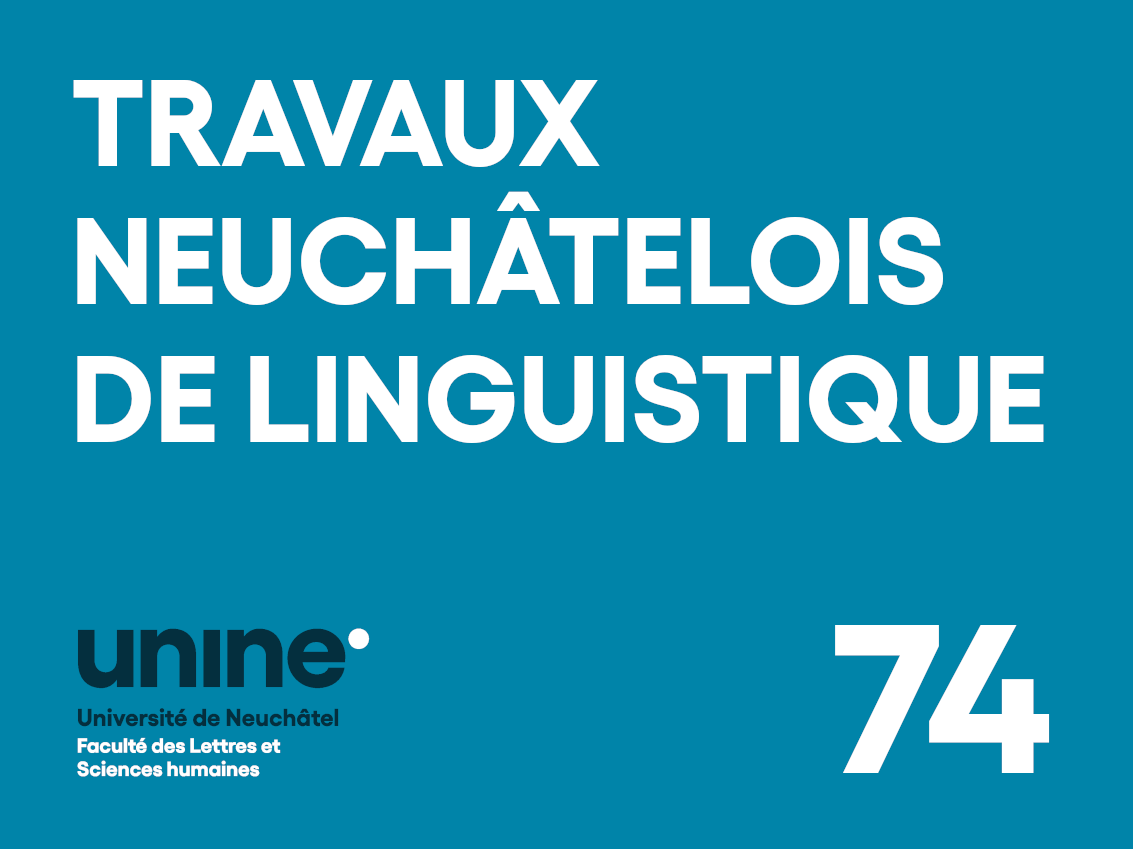La prévention des difficultés langagières des enfants préscolaires : état des lieux des stratégies d'encouragement à privilégier dans un contexte monolingue et plurilingue
DOI :
https://doi.org/10.26034/tranel.2021.2922Résumé
Approximately 20% of preschool ch ildren struggle with language learning (Beitchman et al. 1986; Berkman et al. 2015; Reilly et al. 2010), and a si gnificant portion develops long-lasting language disorders that interfere with their academic perfo rmance (e.g. Snowling et al. 2001). Numerous risk factors have been identified in the literature to explain the appearance of such early language difficulties (e.g. Rudolph 2017). In order to reduce their impact, it is recommended to prevent and act early on some environmental risk factors and to reinforce protective factors (e.g. Colisson et al. 2016). This article presents an overview of the strategies that can be proposed to families and early childhood practitioners to support young children's language development. Based on existing reviews (e.g. Kern & Fekete 2019; Roberts & Kaiser 2011), the most prominent stimulation strategies proposed by international and local programs will be summarized. In line with the local and global reality, we will focus specifically on multilingual interventions (e.g. Duràn et al. 2016; Larson et al. 2020a,b). We aim to support speech and language therapists in the major role they play in preventing language difficulties and we discuss the importance of coordinating the various preventive actions carried out with families.Téléchargements
Publié-e
01-01-2021
Comment citer
Paze, E., Schwob, S., Volpin, L., & Skoruppa, K. (2021). La prévention des difficultés langagières des enfants préscolaires : état des lieux des stratégies d’encouragement à privilégier dans un contexte monolingue et plurilingue. Travaux neuchâtelois De Linguistique, (74), 129–145. https://doi.org/10.26034/tranel.2021.2922
Numéro
Rubrique
Article varia


